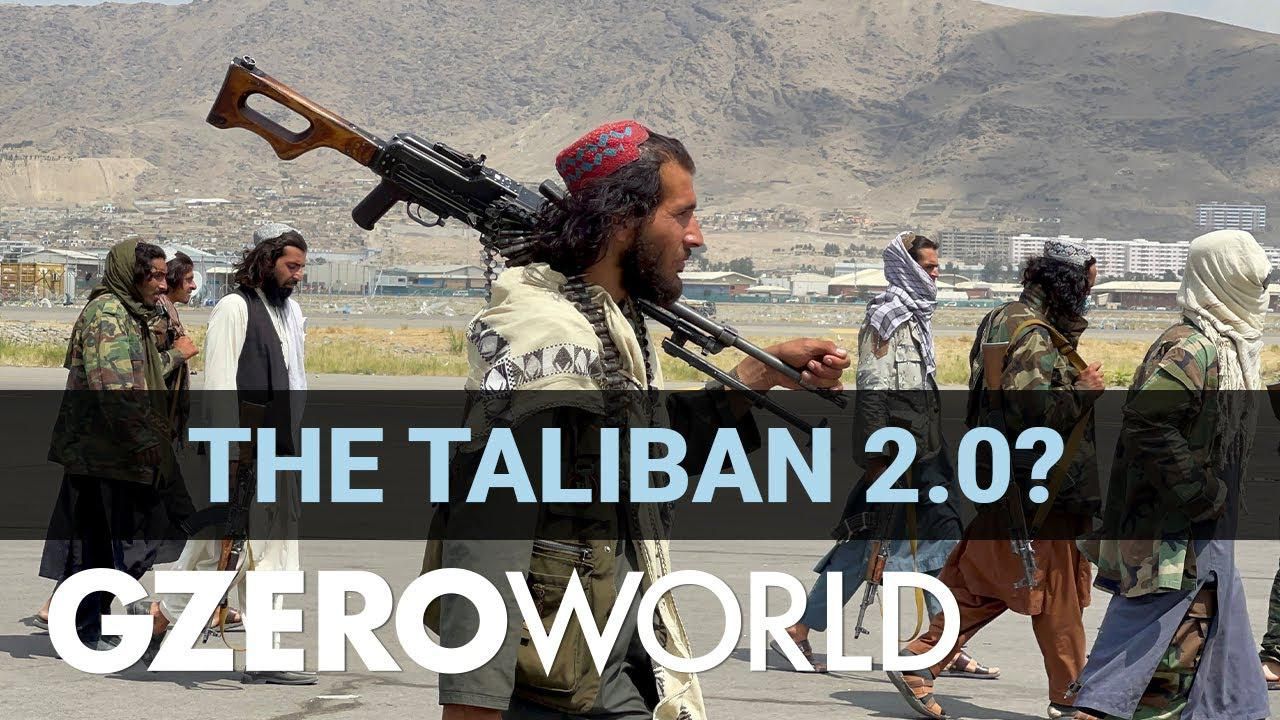GZERO World with Ian Bremmer
Taliban 2.0: Afghanistan on the Brink (US AWOL)

Taliban 2.0: Afghanistan on the Brink (US AWOL) | Journalist Ahmed Rashid | GZERO World

Few people know more about the Taliban than journalist and author Ahmed Rashid, who wrote the book on the group — literally.
In the months after 9/11, his critically acclaimed 2000 study Taliban: Militant Islam, Oil & Fundamentalism in Central Asia became a go-to reference as the US geared up to invade Afghanistan and knock the militant group from power.
Now, twenty years later, with the US out of Afghanistan and the Taliban back in charge, Ian Bremmer sat down with Rashid to learn more about the Taliban today in a GZERO World interview.
How much has the group changed since the days of soccer-stadium executions, television bans, and blowing up world heritage sites? How should the rest of the world deal with them?
Don’t believe the “Taliban 2.0” hype. Rashid says that despite Taliban pledges to moderate their treatment of women, minority groups, and the press, hardliners in the movement are winning out right now. And there’s little chance of the Taliban stamping out other terrorist groups who helped them fight the Americans all these years.
But the deepening humanitarian crisis in Afghanistan means the West has to engage somehow. “It’s important that the West differentiate between recognition, which should not be on the cards for the time being,” he says ”and preventing millions of Afghans from starving to death.” For Rashid that means global donors should step up with money for humanitarian and food relief measures administered through the UN.
If not, a huge new refugee crisis could be brewing. And the timing couldn’t be worse. Afghanistan’s neighbors like Pakistan and Iran are ill-equipped to handle fresh migrant flows, Rashid says, and more distant destinations like the EU are politically hostile to refugees these days.
The US isn’t only gone, it’s AWOL. Amid all of this, Rashid warns, the US doesn’t seem to have a strategy.
15: The number of migrants who died after their boat accidentally collided with a Greek Coast Guard vessel in the Aegean Sea on Tuesday. Two dozen people were rescued.
Walmart is investing $350 billion in US manufacturing. Over two-thirds of the products Walmart buys are made, grown, or assembled in America, like healthy dried fruit from The Ugly Co. The sustainable fruit is sourced directly from fourth-generation farmers in Farmersville, California, and delivered to your neighborhood Walmart shelves. Discover how Walmart's investment is supporting communities and fueling jobs across the nation.
Democratic Alliance leader John Steenhuisen announced Wednesday that he will not run for a third term as leader of the liberal, pro-business party, after months of internal pressure over a host of controversies – including allegations, since cleared, that he used the party credit card for Uber Eats.